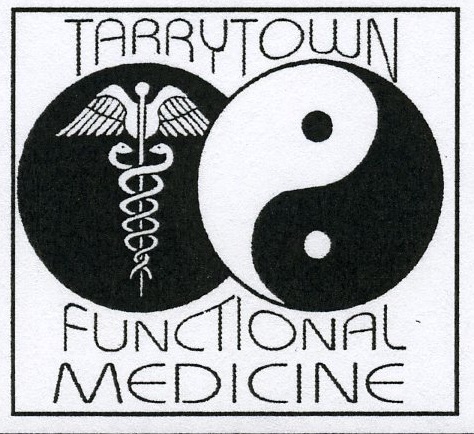This is part 5 and the final in a series about soy. There is a lot of misinformation and “soy bashing” out there so I though it right to set the record straight with information from the literature to address these concerns so that people can eat soy without worrying about these consequences. Last time (June 2017 blog) we dealt with soy purportedly causing breast cancer and showed that the phytoestrogens (Genistein and Daidzein) actually block strong stimulatory estrogens from entering breast cells and that women in countries with the lowest cancer risk in the world have urine phytoestrogen levels p to 1000 fold higher than American and Finnish women.
This time we will deal with the issue of soy purportedly suppressing the pituitary – thyroid – axis.
Here is the contention:
Direct evidence that soy isoflavones genistein and daidzein suppress the pituitary-thyroid axis in middle-aged rats fed 10 mg soy isoflavones per kilo after only 3 weeks as compared with rats eating regular rat chow (Experimental Biology and Medicine 2010 May;235(5):590-8).In conclusion, soy messes with your thyroid and disrupts the delicate balance of breast tissue and it doesn’t take very much soy at all to start the snowball down the hill to hormone imbalance with only a cup or so of soymilk per day representing a significant risk.Think you don’t eat much soy? Next time you go shopping, just for grins check the label on everything you buy. Surprise! Soy is in EVERYTHING! If you eat processed foods, you are eating soy, and probably a lot of it even if you don’t drink soymilk or eat soy protein bars. If you want to avoid soy and the hormonal problems it inevitably brings, avoidance of processed foods is the crucial step you must take
Does soy suppress the pituitary thyroid axis? Perhaps its the Glyphosate pesticides on the GMO soy causing the problem?
Metagenics did a study in the early 2000’s showing that consumption daily of their organic soy based Ultrameal weight loss drink did not raise the TSH level in the subjects (meaning that it did not suppress thyroid function), and was associated with weight loss.
The soy that’s in everything is not organic, fermented soy, such as was used in this study, it is the Monsanto kind that is heavily sprayed with Glyphosate pesticides. These pesticides are xenoestrogens (chemical estrogenic mimicers) that are many times stronger than your own body’s estrogens. These pesticides cause direct release of insulin from the pancreas, causing insulin resistance and obesity and in fact, the obesity epidemic is the worst in areas of the Midwest and south of the United States where pesticide use is the highest.
These pesticides also lower thyroid hormone by raising SHBG (Sex hormone binding globulin) the carrier protein for sex hormones and thyroid hormones, causing the thyroid hormone to be bound up and less available for its functions. Consequently, when people eat these heavily sprayed foods, not just soy but also wheat, sugar beets, corn, peanuts and cotton (cottonseed oil is used in processed food) they end up with endocrine disruption, insulin resistance, fatigue, feeling cold, obesity, and increased cancer risk. Then there is a feed forward cycle as more estrogen is made in the now excess fat tissue, causing a self perpetuating cycle. [1] The Montanto kind of soy as well as these other crops, I agree, are very bad for you.
I would add one caveat. Most people are low in iodine – my next series will be about that – and soy, along with other foods such as broccoli and cauliflower – can decreased utilization of iodine in the thyroid gland. Therefore, iodine in foods and/or supplementation can stop that problem from occurring. Stay tuned!
[1] Benoit Tano, MD, PhD, The Layman’s Guide to Integrative Immunity.



